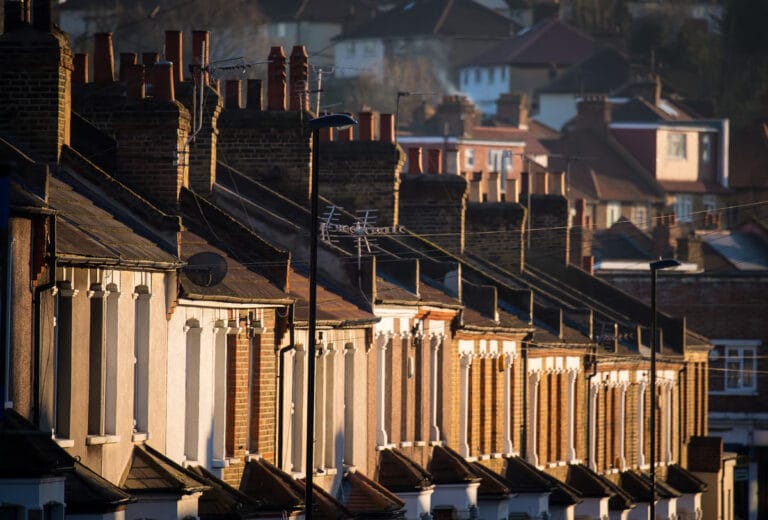🎧 Listen to This Article
From April 1, second homeowners across England will face a 100% premium on council tax, effectively doubling their bills as local councils implement sweeping tax changes to discourage second home ownership. The move, approved under the Leveling Up and Regeneration Act 2023 to prevent, is expected to impact around 130,000 properties, with some homeowners seeing annual tax bills skyrocket past £10,000.
For Mag Humphreys, 71, the changes will mean a £6,000 annual tax bill on a family bungalow in Rock, Cornwall, that she inherited along with her siblings. “If you’ve got a house in Rock, they assume you’re a millionaire,” she said. “But we’re just a normal family.”
A Nationwide Clampdown on Second Homes
Over 150 local councils, including Cornwall, Derby, Watford, North Yorkshire, and South Hams, will implement the 100% tax premium on furnished properties but not primary residences.
This change comes amid inflation-driven hikes in basic council tax rates, with nearly 90% of households facing maximum increases and some councils, like Windsor and Maidenhead, raising taxes by 9%. On average, second home council tax bills will double from £2,171 to £4,342.
A Surge in Second Homes Hitting the Market
Estate agents report a flood of second homes entering the market as owners scramble to avoid the financial burden. Jo Ashby, of John Bray Estate Agents in Cornwall, said that stamp duty increases, council tax premiums, and other government policies have led to “more second homes on the market than we’ve seen in a long time.”
Tax Loopholes and Avoidance Strategies
Faced with rising costs, many homeowners are seeking ways to avoid the tax, including:
- Transferring ownership to children
- Converting properties into holiday lets
- Listing homes for sale without serious intent to sell
Cornwall Councillor Steve Arthur warned that councils shouldn’t count on this tax windfall too soon, as many owners will find ways to legally bypass the charges.
Wales and Scotland Lead the Way on Tax Premiums
England is following the lead of Wales and Scotland, where local councils already impose heavy premiums on second homes—with Wales applying rates as high as 300%. One homeowner in Denbighshire, Wales, saw their tax bill surge to £10,900 per year.
Meanwhile, second home owners with vacant or uninhabitable properties are also getting caught in the tax trap. Rob Perrie, 53, inherited a rundown flat in Thanet but has been unable to renovate it due to financial constraints. Despite lacking a working kitchen, bathroom, or heating, he was billed £3,127 in tax due to a 200% premium imposed by the local council.
The Debate: Taxing Second Homes or Punishing Owners?
Supporters argue that the tax hike will free up housing for local residents by discouraging second home ownership. A government spokesperson stated: “Too many second homes in an area drive up housing costs for locals and strain public services.”
With the policy now set to take effect, the future of second home ownership in England is uncertain. Will the tax drive homeowners to sell, or will they find new ways to work around the system?
For further details, clarification, contributions, or any concerns regarding this article, please contact us at editorial@tax.news. We value your feedback and are committed to providing accurate and timely information. Please note that our privacy policy will handle all inquiries



